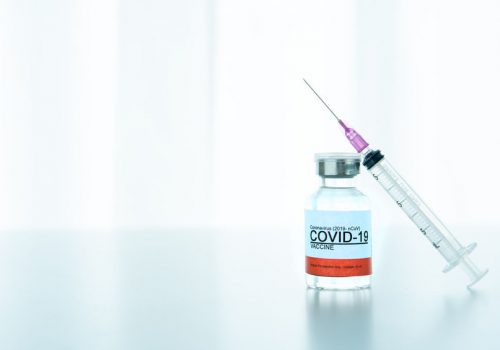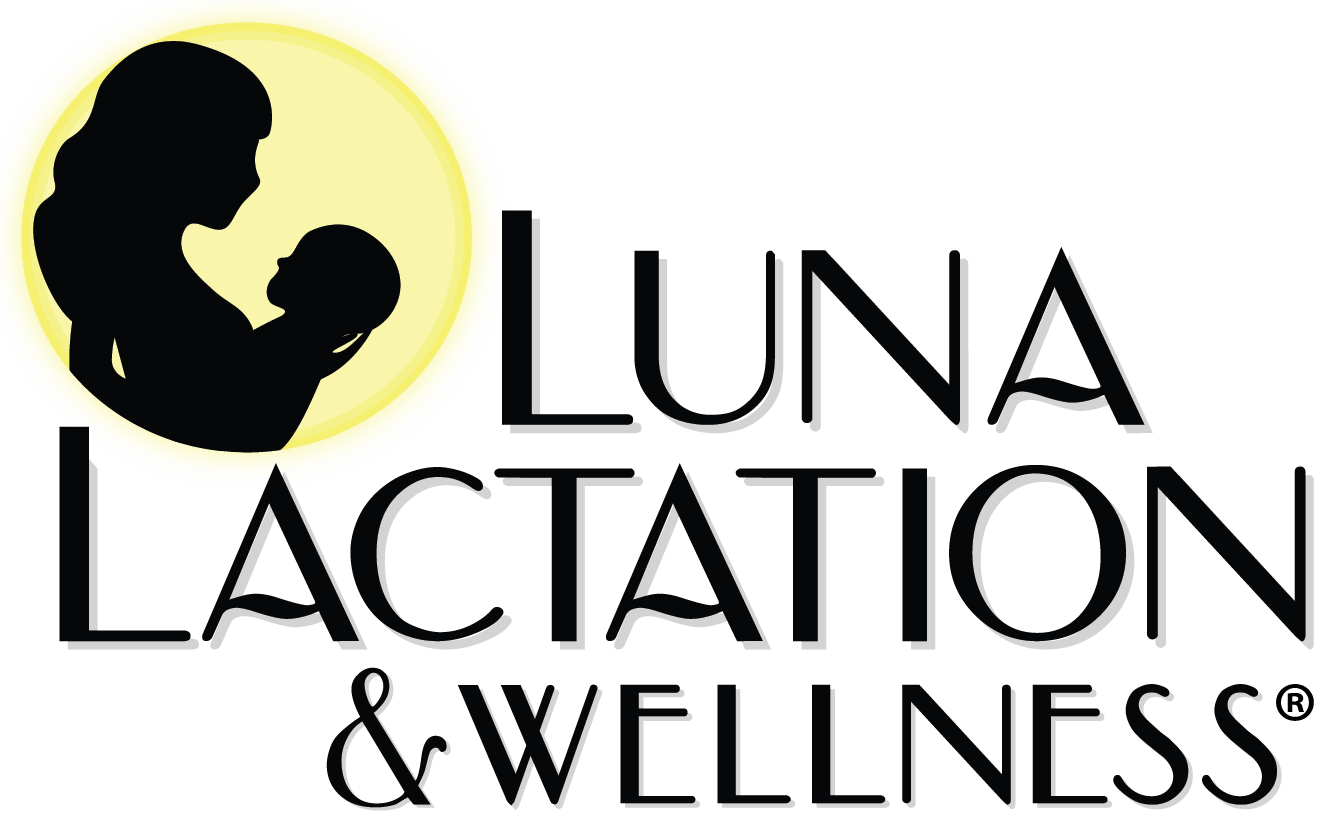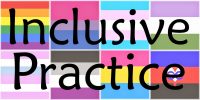
We know there are a lot of questions and concerns about the safety of the COVID-19 vaccine during lactation. Many patients have messaged us to ask about this topic as they navigate the vaccine decision-making process. Luna Lactation & Wellness recognizes the personal nature of this topic. We also recognize there are still unknown variables when it comes to the Covid-19 vaccine. We always advise that you consult your health care providers and make personalized, informed choices. Here are some resources you may consider when gathering information:
Centers for Disease Control and Prevention (CDC): Information about COVID-19 Vaccines for People who Are Pregnant or Breastfeeding
“Clinical trials for the COVID-19 vaccines currently authorized for use under an Emergency Use Authorization in the United States did not include people who are breastfeeding. Because the vaccines have not been studied on lactating people, there is no data available on:
- The safety of COVID-19 vaccines in lactating people
- The effects of vaccination on the breastfed infant
- The effects on milk production or excretion
The COVID-19 vaccines authorized now are non-replicating vaccines, meaning they are able to create an immune response but do not reproduce inside host cells. Because non-replicating vaccines pose no risk for lactating people or their infants, COVID-19 vaccines are also thought to not be a risk to the breastfeeding infant. Therefore, lactating people may choose to be vaccinated.”
Academy of Breastfeeding Medicine (ABM): Considerations for COVID-19 Vaccination in Lactation
“During lactation, it is unlikely that the vaccine lipid would enter the blood stream and reach breast tissue. If it does, it is even less likely that either the intact nanoparticle or mRNA transfer into milk. In the unlikely event that mRNA is present in milk, it would be expected to be digested by the child and would be unlikely to have any biological effects.
While there is little plausible risk for the child, there is a biologically plausible benefit. Antibodies and T-cells stimulated by the vaccine may passively transfer into milk. Following vaccination against other viruses, IgA antibodies are detectable in milk within 5 to 7 days. Antibodies transferred into milk may therefore protect the infant from infection with SARS-CoV-2.”
World Health Organization (WHO): COVID-19 : Resources for Breastfeeding
Johns Hopkins Nursing: COVID-19 and Breastfeeding—The Impact on Public Health



